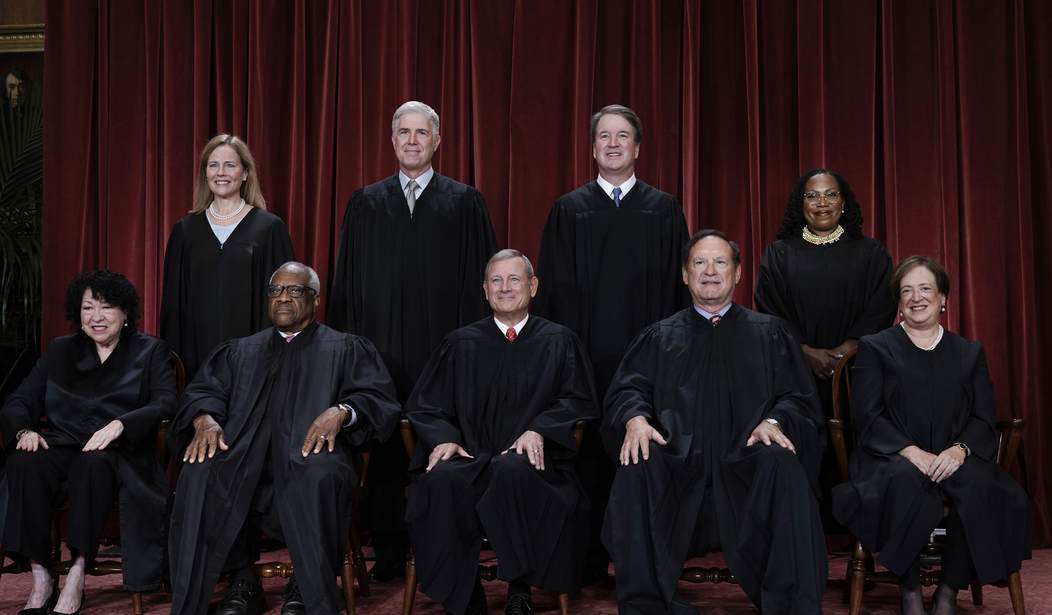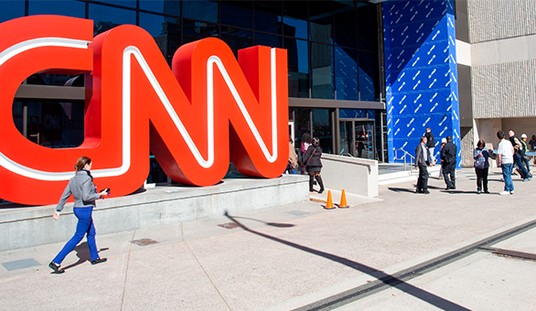The Supreme Court issued a blow to the First Amendment in a highly-anticipated decision regarding the US government's efforts to indirectly regulate online speech during the COVID pandemic on Wednesday.
Writing for the court in a 6-3 ruling finding the challengers did not have proper standing to bring the suit in Murthy v. Missouri, Justice Amy Coney Barrett said:
The plaintiffs, two States and five social-media users, sued dozens of Executive Branch officials and agencies, alleging that they pressured the platforms to suppress protected speech in violation of the First Amendment. The Fifth Circuit agreed, concluding that the officials’ communications rendered them responsible for the private platforms’ moderation decisions. It then affirmed a sweeping preliminary injunction.
The Fifth Circuit was wrong to do so. To establish standing, the plaintiffs must demonstrate a substantial risk that, in the near future, they will suffer an injury that is traceable to a Government defendant and redressable by the injunction they seek. Because no plaintiff has carried that burden, none has standing to seek a preliminary injunction.
Barrett added:
[W]hile the record reflects that the Government defendants played a role in at least some of the platforms’ moderation choices, the evidence indicates that the platforms had independent incentives to moderate content and often exercised their own judgment. The Fifth Circuit, by attributing every platform decision at least in part to the defendants, glossed over complexities in the evidence. The Fifth Circuit also erred by treating the defendants, plaintiffs, and platforms each as a unified whole.
...
The plaintiffs fail, by and large, to link their past social-media restrictions and the defendants’ communications with the platforms. The state plaintiffs, Louisiana and Missouri, refer only to action taken by Facebook against a Louisiana state representative’s post about children and the COVID–19 vaccine. But they never say when Facebook took action against the official’s post—a critical fact in establishing a causal link. Nor have the three plaintiff doctors established a likelihood that their past restrictions are traceable to either the White House officials or the CDC. They highlight restrictions imposed by Twitter and LinkedIn, but point only to Facebook’s communications with White House officials. Plaintiff Jim Hoft, who runs a news website, experienced election-related restrictions on various platforms. He points to the FBI’s role in the platforms’ adoption of hacked-material policies and claims that Twitter restricted his content pursuant to those policies. Yet Hoft’s declaration reveals that Twitter took action according to its own rules against posting private, intimate media without consent. Hoft does not provide evidence that his past injuries are likely traceable to the FBI or CISA. Plaintiff Jill Hines, a healthcare activist, faced COVID–19-related restrictions on Facebook. Though she makes the best showing of all the plaintiffs, most of the lines she draws are tenuous. Plus, Facebook started targeting her content before almost all of its communications with the White House and the CDC, thus weakening the inference that her subsequent restrictions are likely traceable to Government-coerced enforcement of Facebook’s policies. Even assuming Hines can eke out a showing of traceability, the past is relevant only insofar as it predicts the future.
Justice Samuel Alito filed a dissenting opinion, in which he was joined by Justices Clarence Thomas and Neil Gorsuch, noting, "If the lower courts’ assessment of the voluminous record is correct, this is one of the most important free speech cases to reach this Court in years." Alito concluded his dissent with this:
For months, high-ranking Government officials placed unrelenting pressure on Facebook to suppress Americans’ free speech. Because the Court unjustifiably refuses to address this serious threat to the First Amendment, I respectfully dissent.
The case originated in a lawsuit jointly filed by Louisiana and Missouri challenging the legality of federal agencies working with social media companies to suppress points of view the government opposed. The case was originally called Missouri v. Biden. It resulted in an injunction imposed by District Court Judge Terry Doughty against several Biden administration officials, preventing them from contacting social media services for "the purpose of urging, encouraging, pressuring, or inducing in any manner the removal, deletion, suppression, or reduction of content containing protected free speech." The agencies covered in the junction included the Department of Justice, the Department of Health and Human Services, the State Department, the Centers for Disease Control and Prevention, and the Federal Bureau of Investigation. It also forbade government contacts with some academic programs studying "disinformation."
The decision, though disappointing, is not surprising as a majority of the justices seem skeptical of the case during oral hearings.
BACKGROUND:
Good News/Bad News From the Supreme Court on Missouri v. Biden – RedState
RedState's coverage of this case can be found below.
Free Speech Wins: 5th Circuit Upholds Heart of Injunction
Against Biden Administration – RedState
SCOTUS Set to Hear Free Speech Case on Biden Admin Colluding
With Big Tech to Stifle 'Misinformation' – RedState
One Politically Viable Solution for Murthy vs. Missouri - Full Transparency – RedState
Moore to the Point - You're Darn Right the First Amendment
Hamstrings the Government – RedState













Join the conversation as a VIP Member